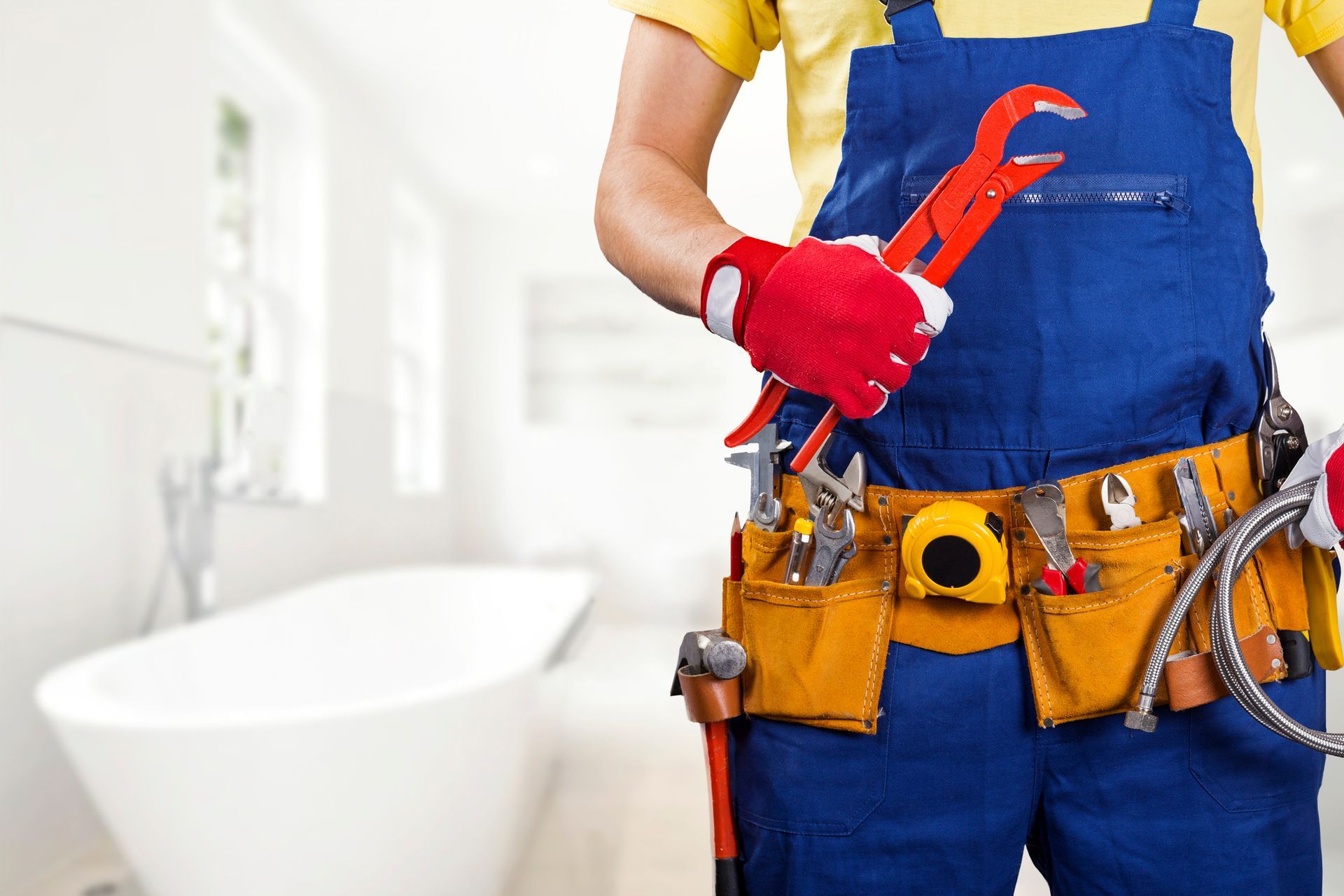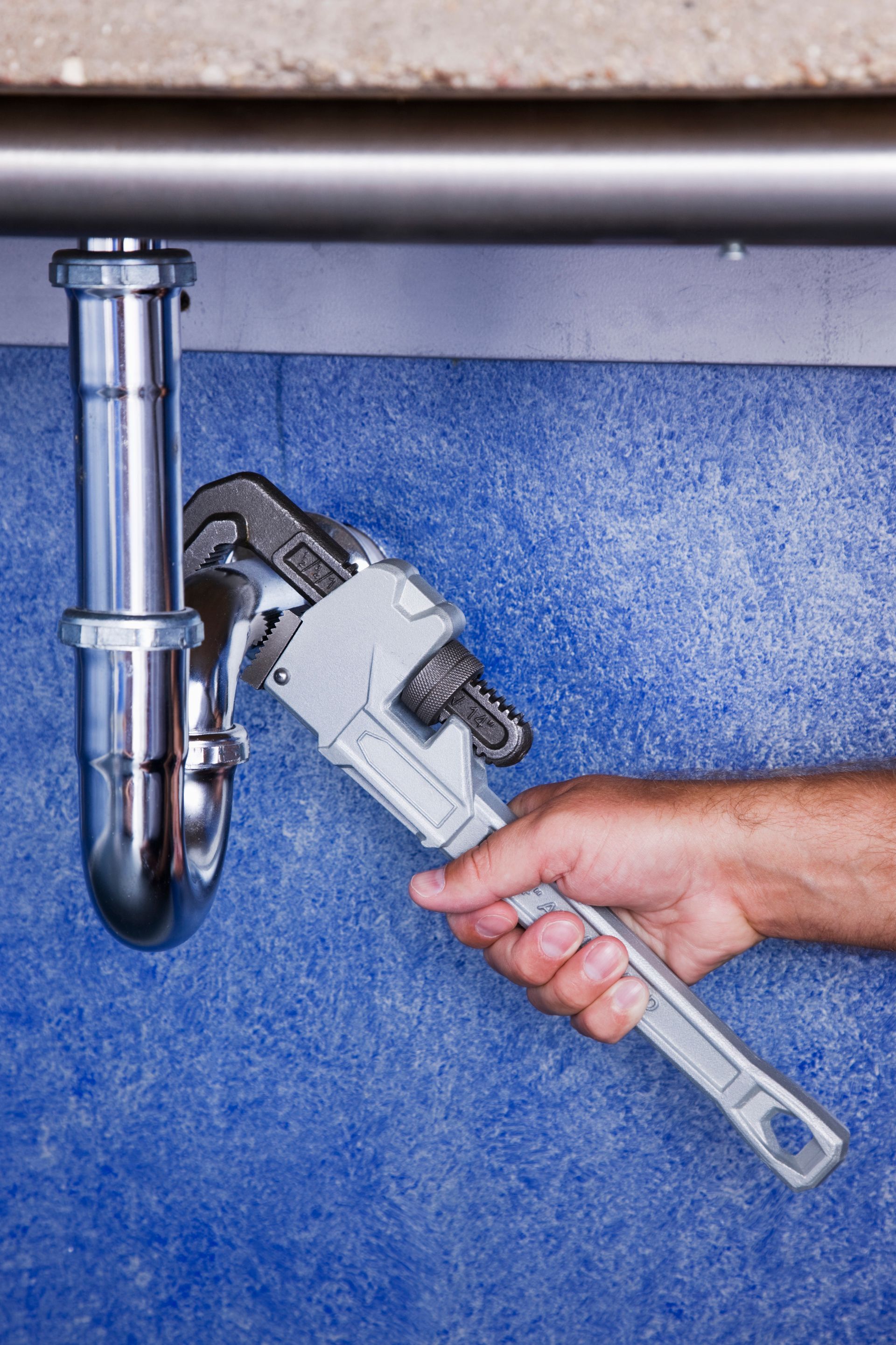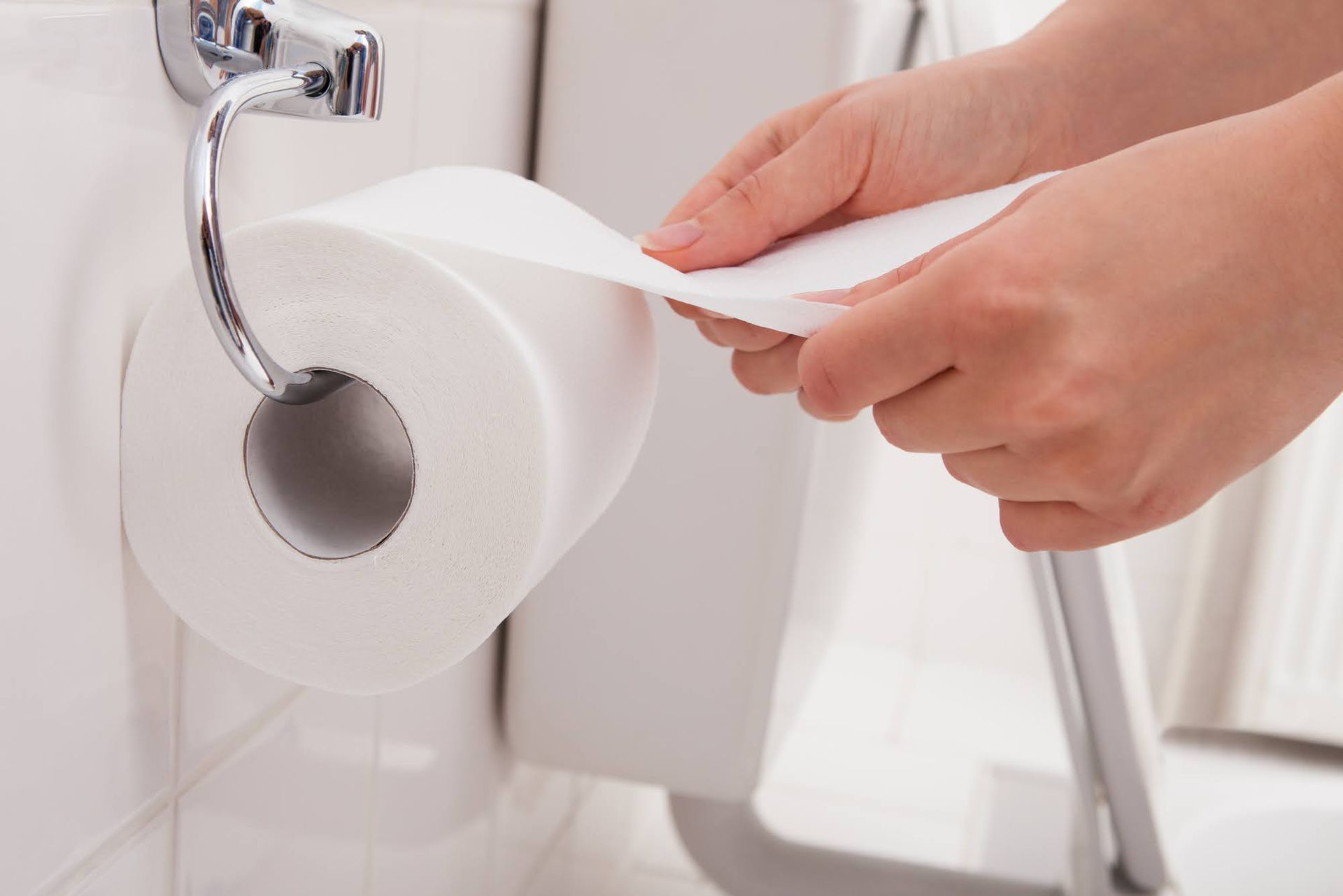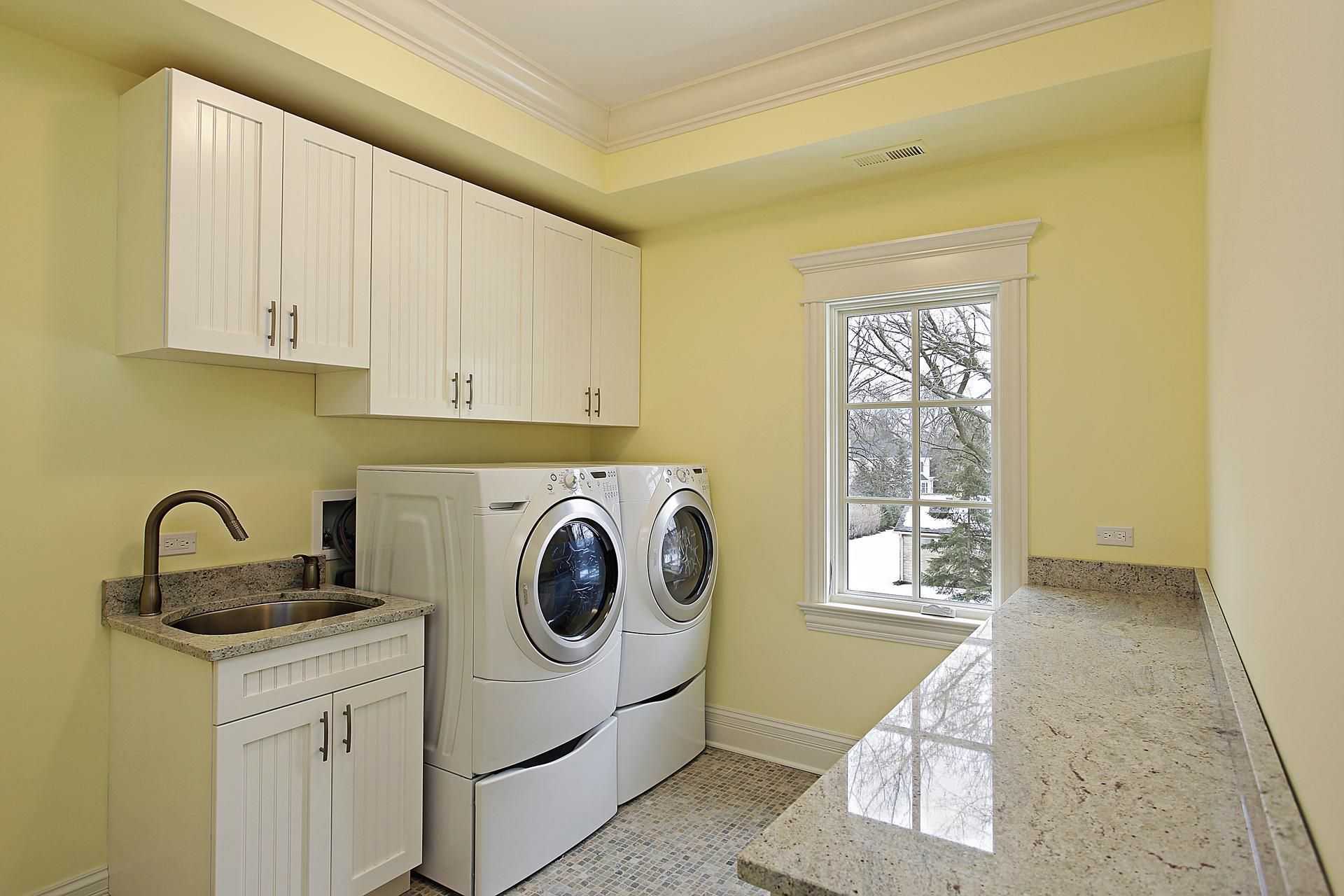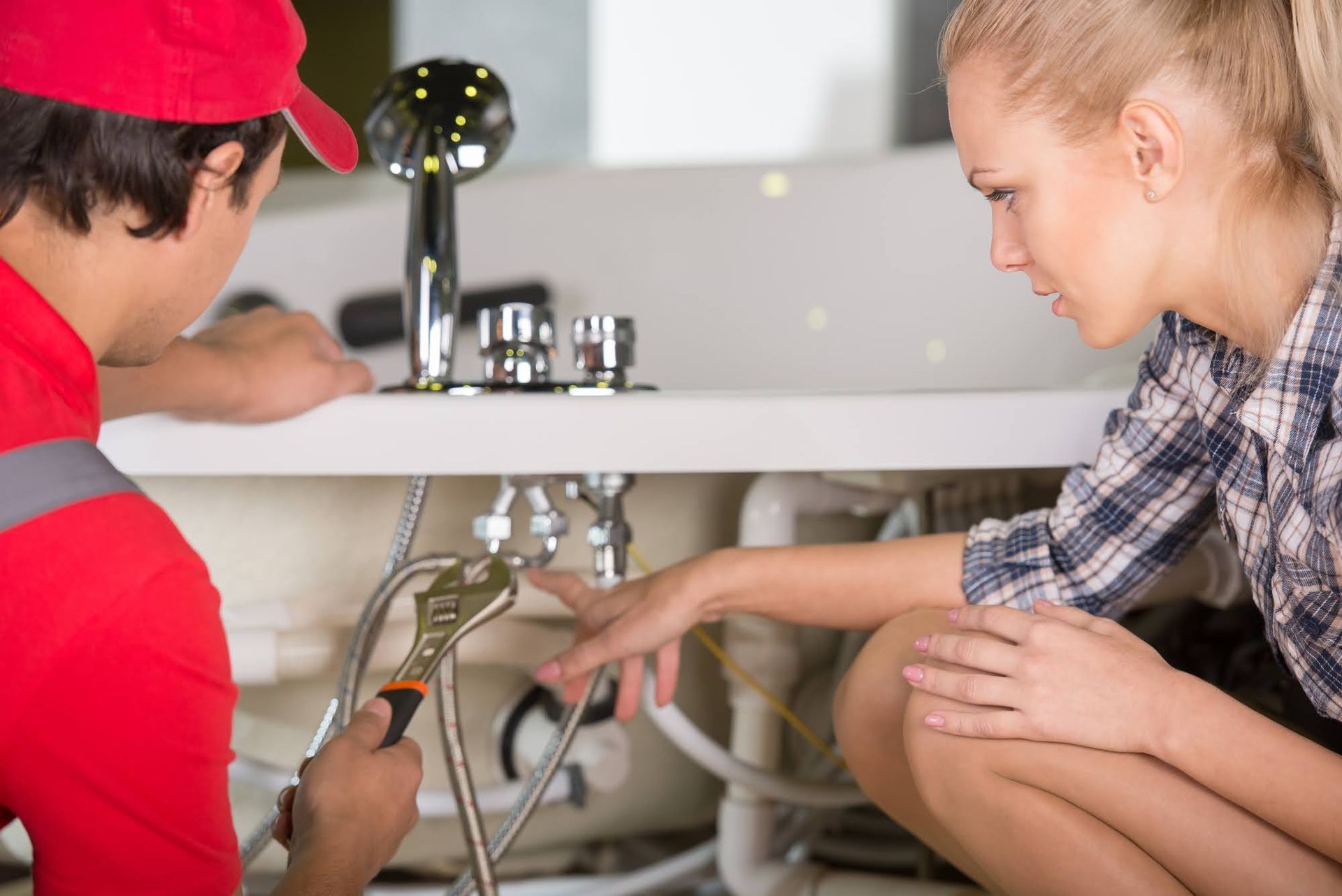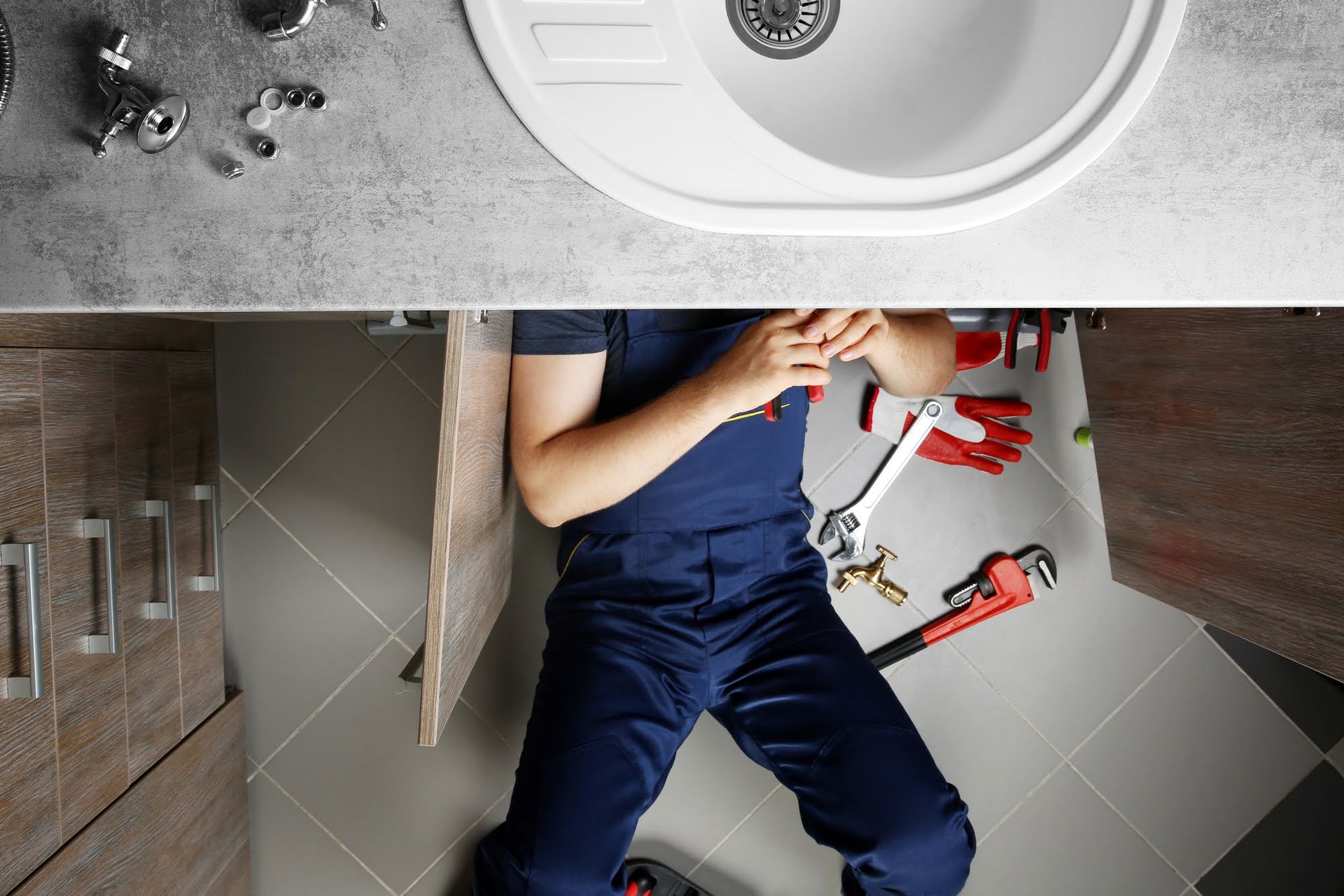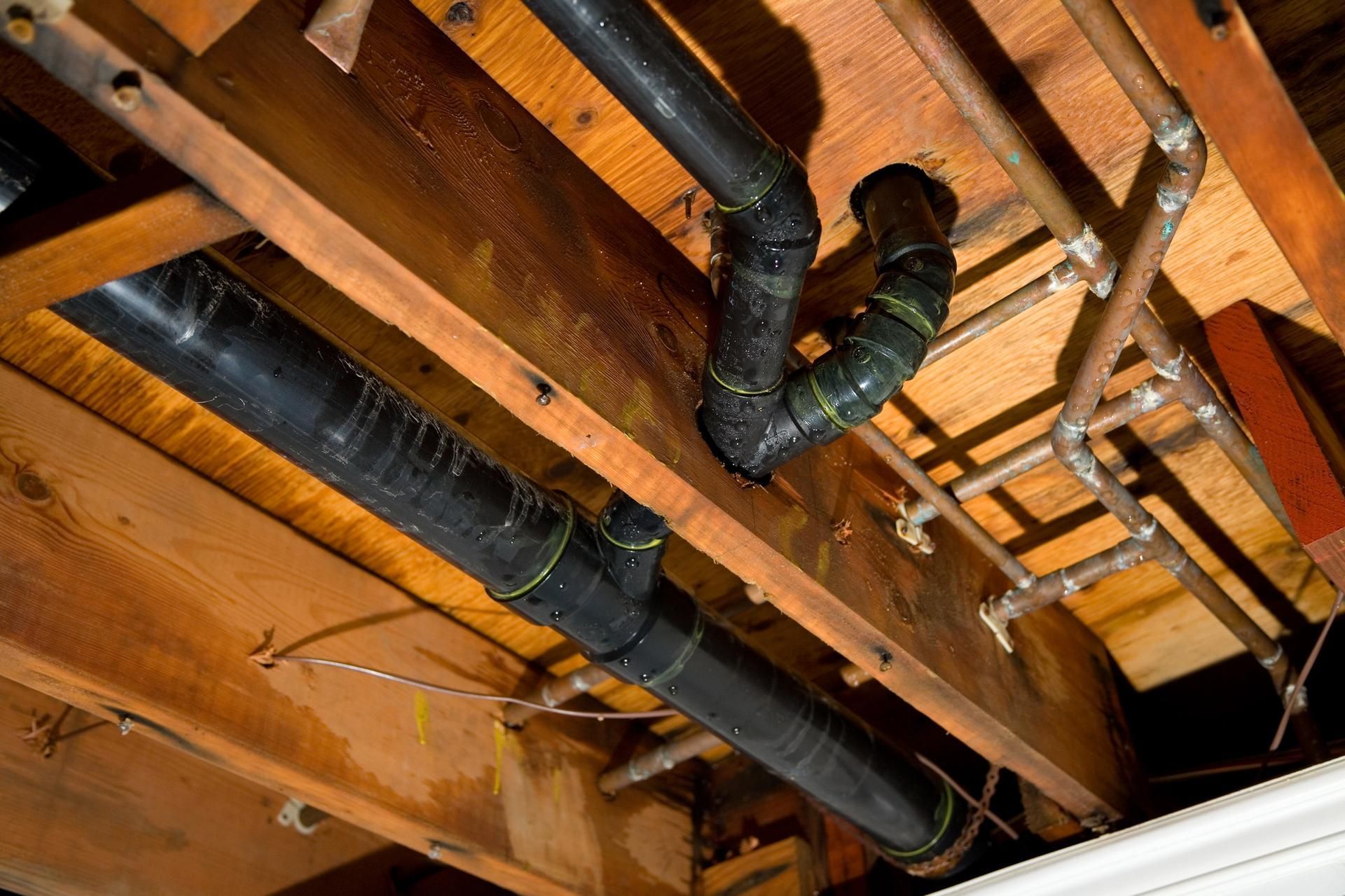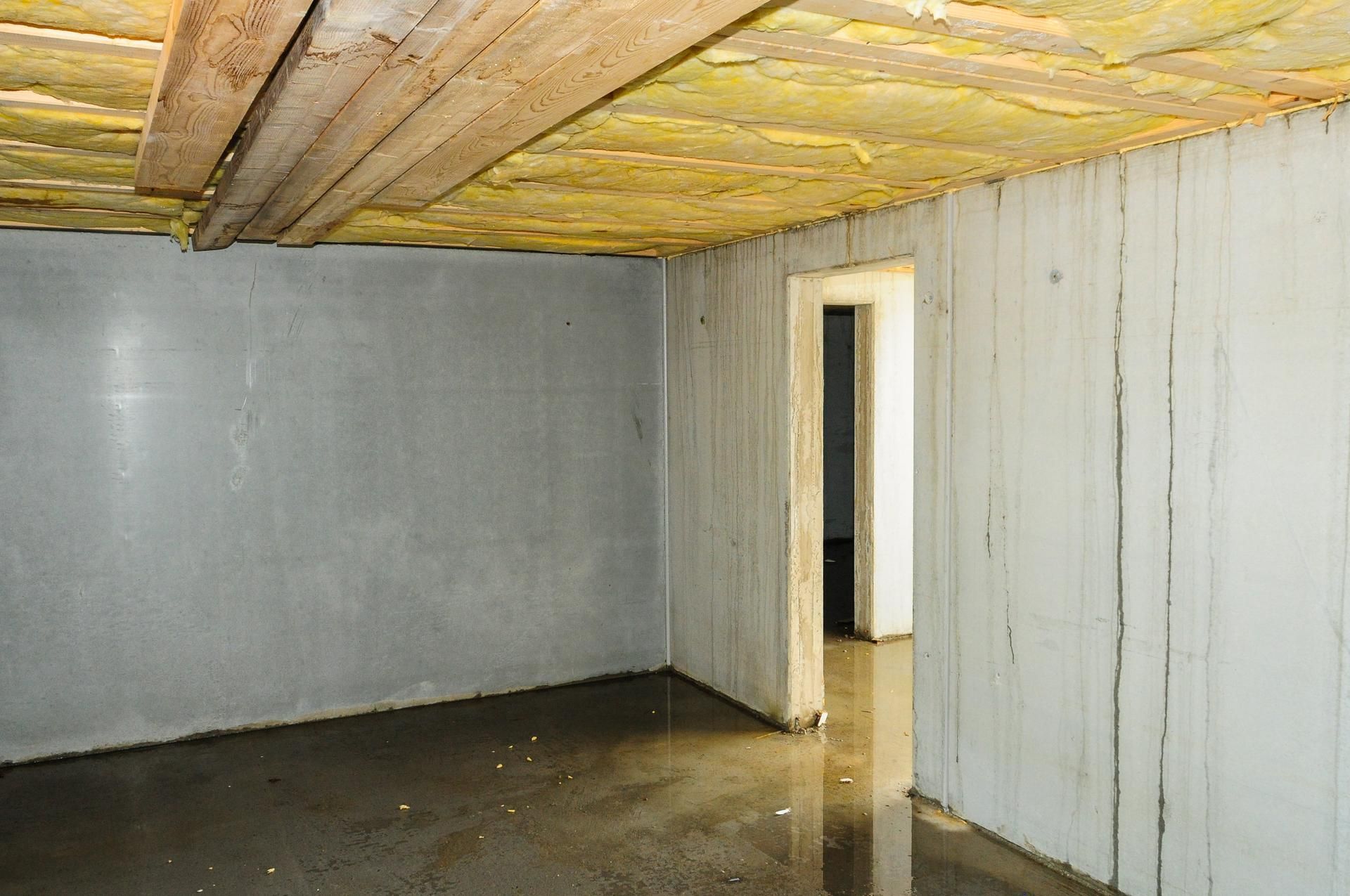Blog
A Slab Leak Could Be the Cause of Your Sky-High Water Bill
If your water bill is suddenly much higher than usual and you haven't increased your water usage by filling a pool or adding lawn sprinklers, it's a pretty good bet you have a leak in your plumbing. If you don't see water leaking onto the floor or see walls turning dark and damp, then the source of the problem is perplexing.
One common cause of a hidden water leak is a slab leak. You may not realize it, but there could be water pipes under your foundation or concrete slab. These pipes can burst or develop small leaks just like any other pipe in your home. A slow leak can go on for years without you realizing it.
When the leak gets large, you're alerted to its presence by a shocking water bill. Here are some signs of a slab leak and what you'll need to do to have the problem fixed.
Signs of a Slab Leak
You may not notice many signs at all other than a high water bill. On the other hand, you may notice wet spots on your carpet or flooring as the water seeps up through the subfloor. The water also wicks up your walls, and this can cause both damages to drywall and mold growth.
Your home may have a musty, mildew odor, especially when the windows are kept closed. When the leaky pipe is from a hot water line, you may notice warm spots on your floor and your water heater will run constantly. This, in turn, drives up your electricity bill.
If the leak drains into your yard, you may notice grass or plants suddenly start thriving or start dying due to too much water. In a worst case scenario, a leaky slab can even cause foundation damage.
How to Pinpoint the Leak
You may hear rushing water in certain parts of your house, but since you can't see the pipes when they are under the slab, there is no way to tell where the pipe is leaking without special equipment. Your plumber can use leak detection
equipment to pinpoint the leak so a plan for repairs can be developed. This might involve the use of an infrared camera or equipment that analyzes the sound of the leak to determine its origin.
Since you're not sure where the leak is, and there is nothing you can do to stop it yourself, you should turn off your main water valve until a plumber can assess the problem or you'll just continue to cause water damage and drive up your water bill.
Options for Repairing a Slab Leak
Your plumber can consider different ways of repairing a broken pipe under a slab. If the pipes are in good shape, but there is a small leak in an isolated spot, the solution may be to dig up the old pipe, cut out the damaged area, and replace it with a new section of pipe. It can be done by damaging the concrete above the leak once the leak has been located.
Once the pipe is repaired, you'll have to restore the slab and any flooring that was damaged in the process. Another option is to put in a new pipe and route the plumbing in a new direction to bypass the damaged section. It is usually the best choice when the pipes are old and corroded. If the pipes were installed many decades ago, they are probably made of galvanized steel. These pipes eventually rust and spring leaks.
If your pipes are old enough, you could be looking at constant leaks and repairs until you replace the steel pipes with copper or plastic pipes. No matter how you look at it, a slab leak is a serious problem that requires some degree of demolition to solve.
If you have a water leak, you can't find or if you've discovered a leak in your slab, call Complete Plumbing for a prompt, professional response to your plumbing emergency.
Installation
Services
and Military Discount




